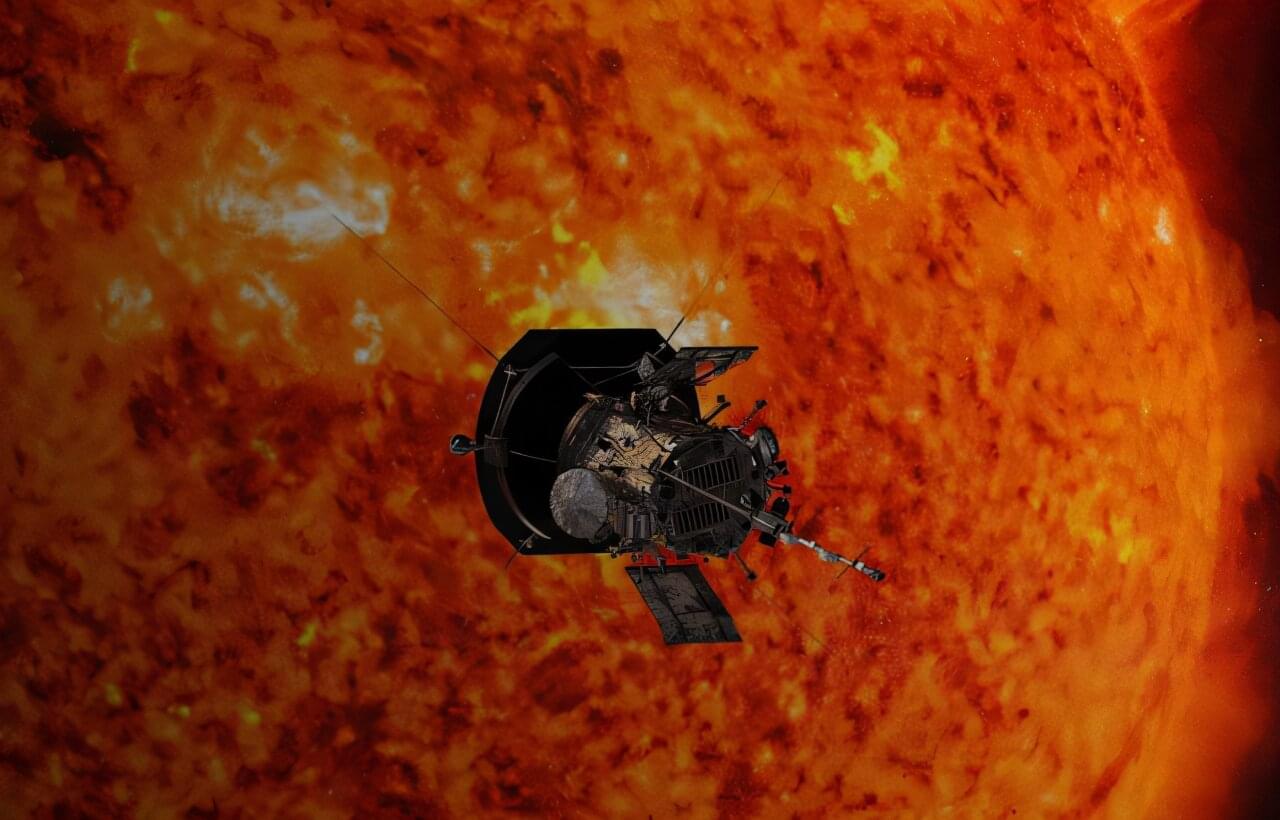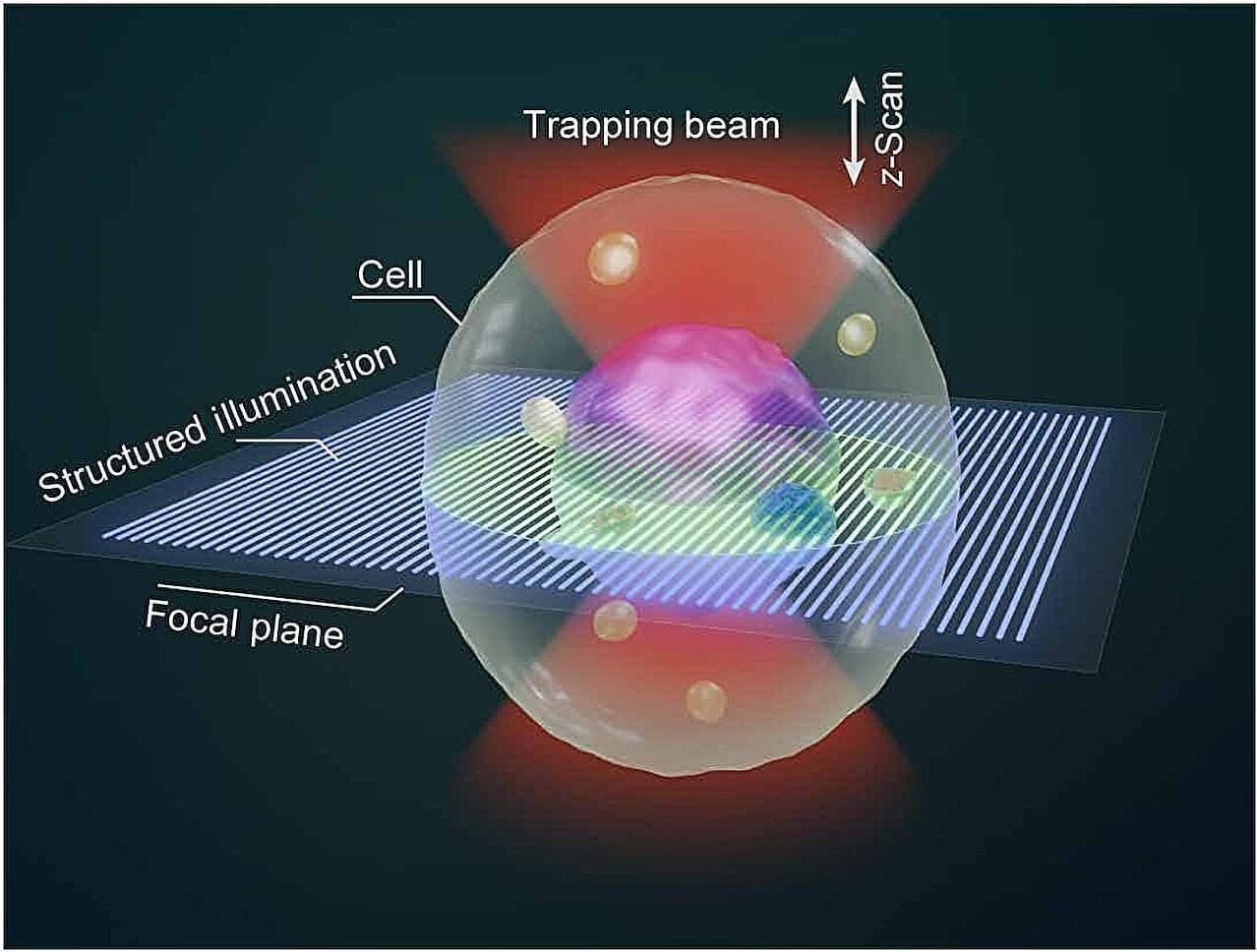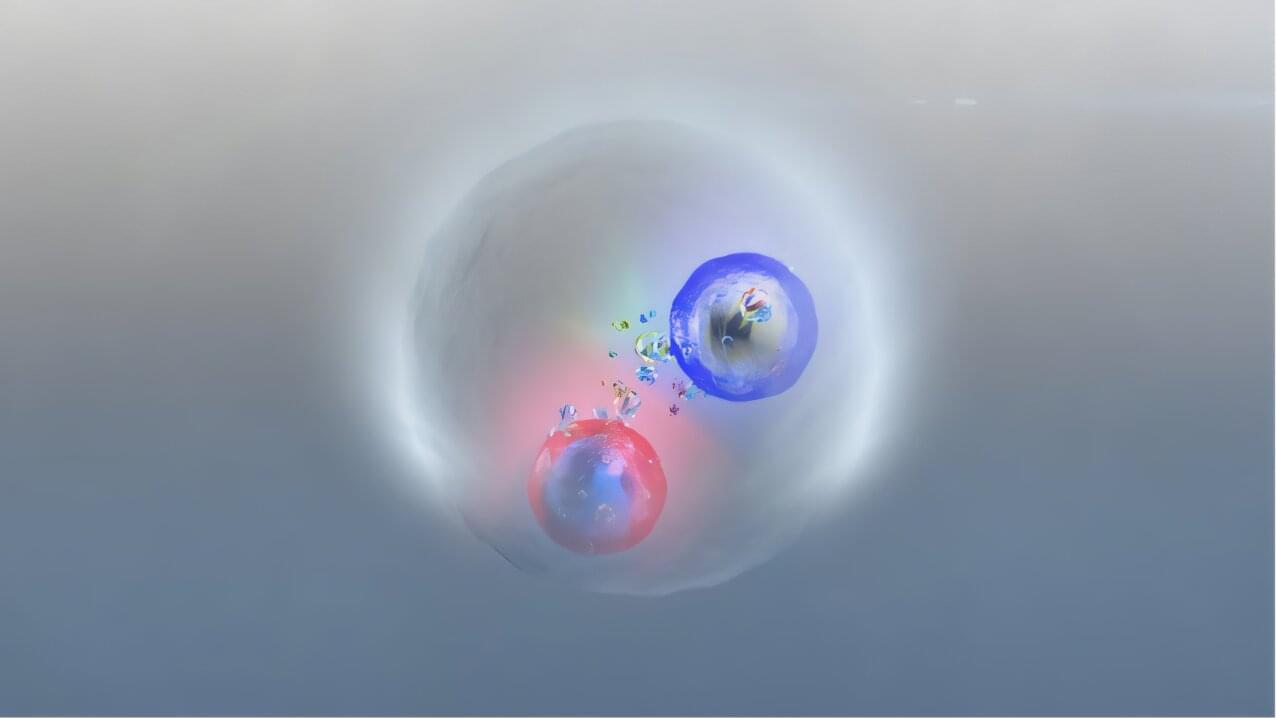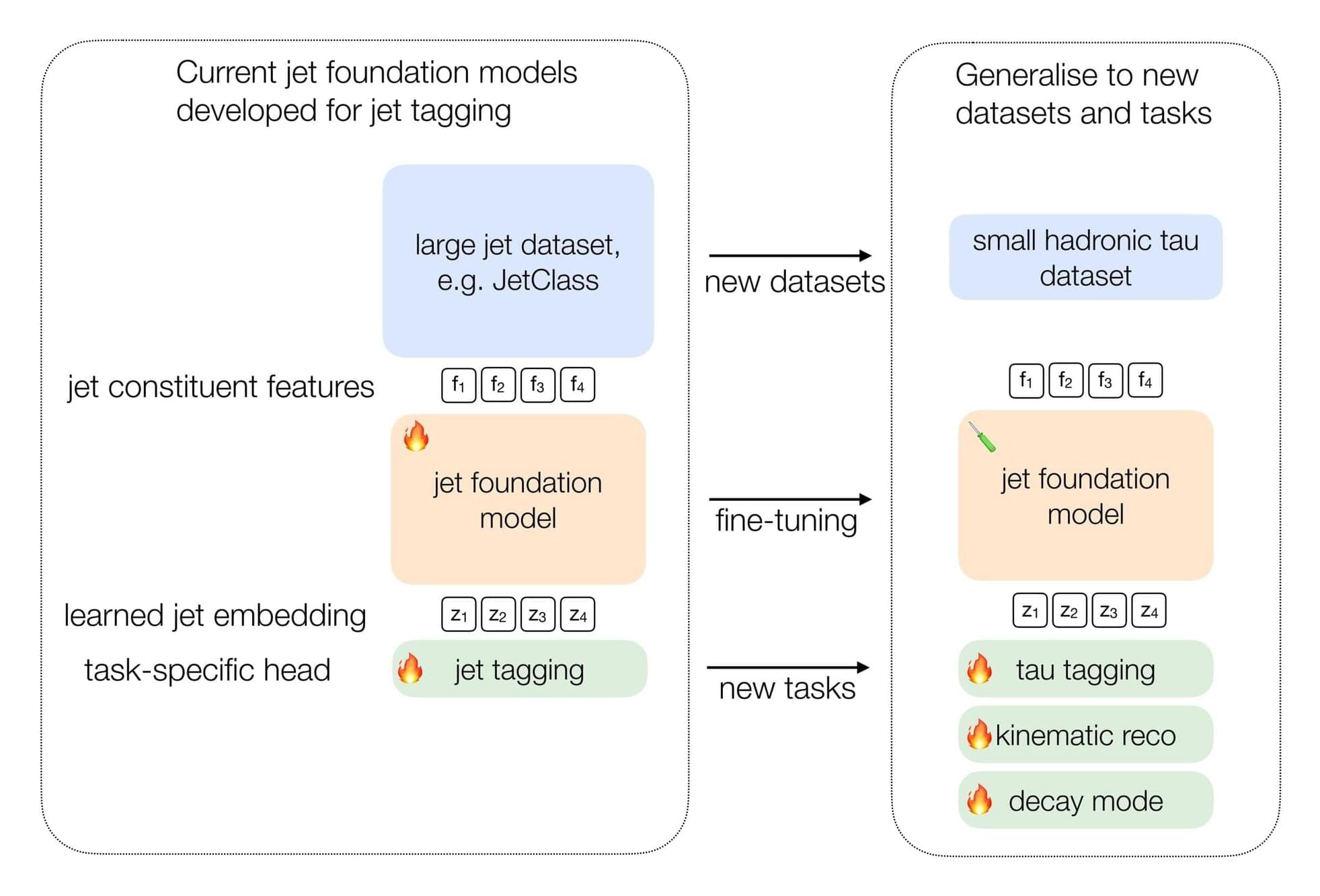While radiation treatments designed to kill cancer cells have come a long way, scientists and doctors are always exploring new ways to zap tumors more effectively. Recent tests at the U.S. Department of Energy’s (DOE) Brookhaven National Laboratory show that a small array of magnets designed as an offshoot of the Lab’s nuclear physics research could quite literally provide a path for such future cancer treatments.
The tests revealed that an arc of meticulously designed permanent magnets can transport beams of cancer-killing protons over a broad range of energies, from 50 to 250 million electron volts (MeV). “That’s the highest energy ever for this sort of beamline,” said Brookhaven Lab physicist Stephen Brooks, designer of the fixed-field magnets, and it’s an energy range that could enable more effective cancer treatment.
Specifically, the project is a step toward a possible future accelerator built using this technology, where physicians could rapidly switch among beam energies to deliver very fast lethal proton doses throughout a tumor’s depth.









